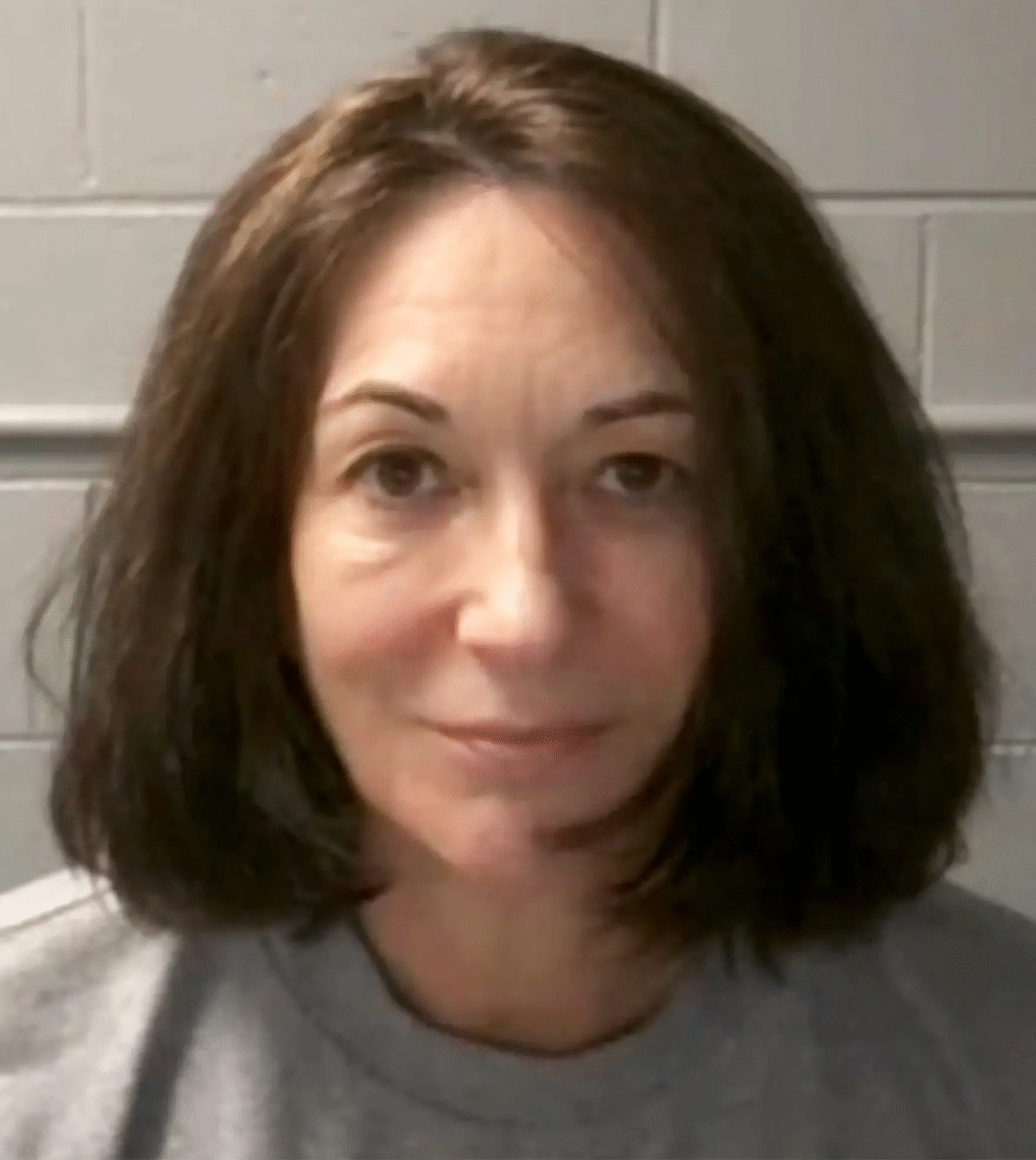The highest court in the country won’t hear Ghislaine Maxwell’s challenge to her sex trafficking conviction — leaving her to serve out a 20-year sentence for crimes tied to Jeffrey Epstein’s abuse of teenage girls.
Why It Matters: The decision closes off Maxwell’s last major avenue to overturn her conviction, cementing her role in one of the most notorious sexual abuse cases in modern American history.
What Happened: The Supreme Court declined to take up Maxwell’s case on the first day of its new term. Her lawyers had argued that a 2007 non-prosecution agreement between federal prosecutors in Miami and Epstein should have shielded her from charges anywhere in the country. A federal appeals court in Manhattan disagreed, and the Supreme Court offered no explanation for turning away the appeal — standard practice when justices decline a case.
The Backstory: Maxwell was convicted by a Manhattan jury of sex trafficking a teenage girl, among other charges. Four women testified at her trial about being sexually exploited as young as 14 at Epstein’s homes during the 1990s and early 2000s. Epstein, a New York financier, was arrested in 2019 on sex trafficking charges. He was found dead in a New York jail cell a month later in what investigators called a suicide.
The Political Angle: The Trump administration urged the Supreme Court to stay out of the case. The Justice Department announced in July that no additional documents from the Epstein investigation would be released, citing court orders protecting victims and noting that only a fraction of the material would have been made public had Epstein gone to trial.
That decision sparked backlash from some Trump supporters who had expected revelations about prominent figures. Trump later dismissed the controversy as the “Jeffrey Epstein Hoax.”
Where She Is Now: Maxwell, a British socialite and Epstein’s former girlfriend, was moved from a low-security federal prison in Florida to a minimum-security prison camp in Texas after being interviewed in July by Deputy Attorney General Todd Blanche. She was given limited immunity for that interview and repeatedly denied witnessing any sexually inappropriate interactions involving Trump, according to records released in August. Neither her lawyers nor the Bureau of Prisons explained the reason for her transfer.

